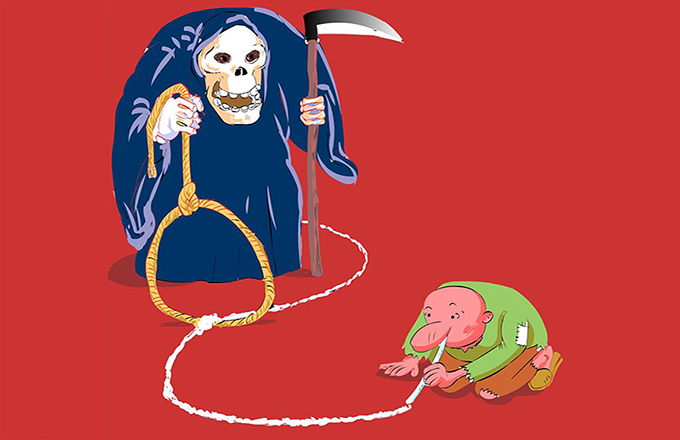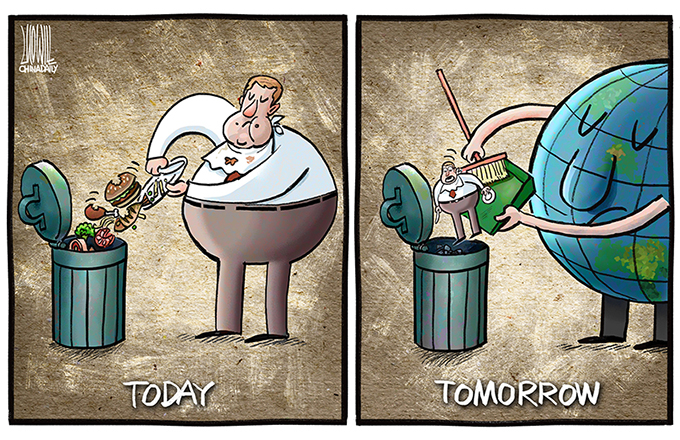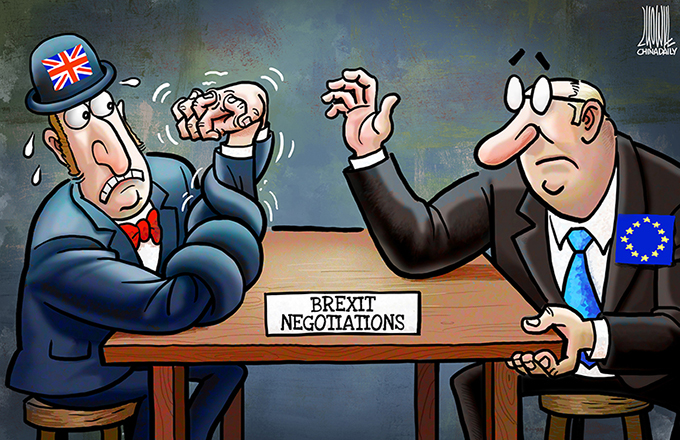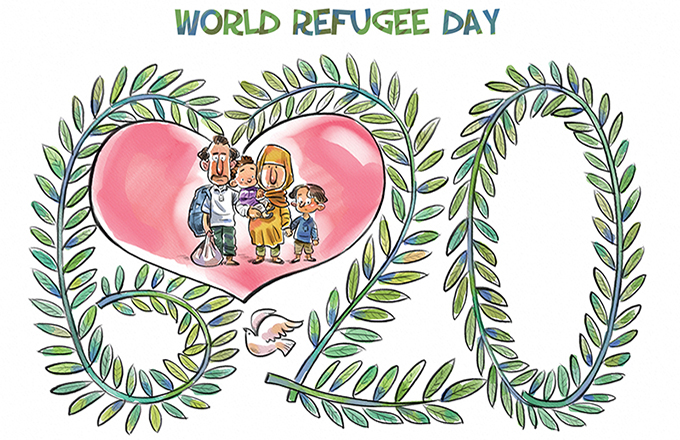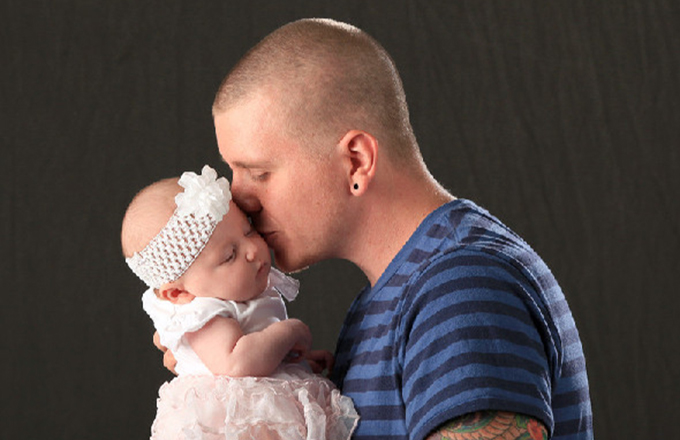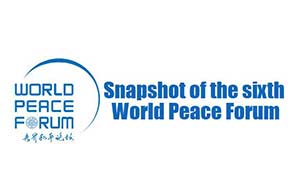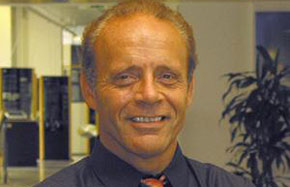Key to refugee crisis is enabling homecomings
On June 20, World Refugee Day, Yao Chen, a well-known Chinese actress and a UN Refugee Agency Goodwill Ambassador, was heavily criticized by the public for reportedly "calling on" China to invest more resources to help refugees. Later she claimed reports on her words were rumors, and that through her observation the common wish of the refugees, no matter where they are from, is to go home. The subsequent online debate highlighted the diversified views Chinese people hold on what is a thorny and emotive issue worldwide.
Truly the refugees are suffering hardships and are in great need of help, but there should be a proper approach to helping them, and efforts made to root out the cause of the rapid increase of refugees, which requires the concerted efforts of the international community.
As Foreign Minister Wang Yi said on Friday at a news conference during his one-day visit to Lebanon, more actions and urgency are necessary to curb the deterioration in the refugee crisis in the Middle East and find a solution as soon as possible. He noted that the refugees are displaced people, not migrants, and the international community should strive to create the conditions for them to return to their homes.

The number of confirmed refugees and displaced people worldwide tripled from 21.9 million in 2000 to 65.6 million in 2016, which makes the problem pressing. As well as civil wars and military conflicts, natural disasters such as tsunamis and droughts, have accelerated the rise in the number of refugees.
To strike at the root of the problem, the international society needs to invest ample resources in the regions from which refugees fled so that they can go home and resume their lives one day. However, that will take quite a long time, and in the meantime temporary measures are needed to relocate the refugees and provide them with support.
However, how to deal with refugees has divided Western societies in Europe which have had to cope with the influx of a large number of displaced people from strife-torn countries in the Middle East. This has even shaped the agendas of different political parties. Some are trying to mobilize their countries to extend a helping hand to the refugees, and others are trying to prevent them from entering.
There is also a wide gap between the elite and ordinary people on the issue. The elite can stand on the high moral ground as their daily lives are not greatly affected by the inflow of refugees. It is ordinary people that have to adapt to the sudden influx of large numbers of refugees.
Western media outlets also tend to sensationalize stories about the plight of the refugees or else the security risks they represent. That hinders constructive dialogue on the issue.
What's more, their coverage on the root cause of refugees is far from enough. It's the US' Middle East policy that is the fundamental cause of the chaos and growing terrorism in the war-torn region, with its European allies shouldering the refugee burden that resulted from its actions. Therefore, the international community should actually be calling on the US, which created the problem in the first place to take more responsibility for it.
China needs to stick to its stance that the proper approach is to enable displaced people to return home and rebuild their lives and let the world understand its concern is for the common good of all. As Wang Yi said on Friday, in order to solve the refugee problem we need to treat both the symptoms and the causes, and create the necessary environment for the refugees to return to their homelands, and improve their livelihoods through development and their own efforts.
The author is an associate professor on international studies at Fudan University.





